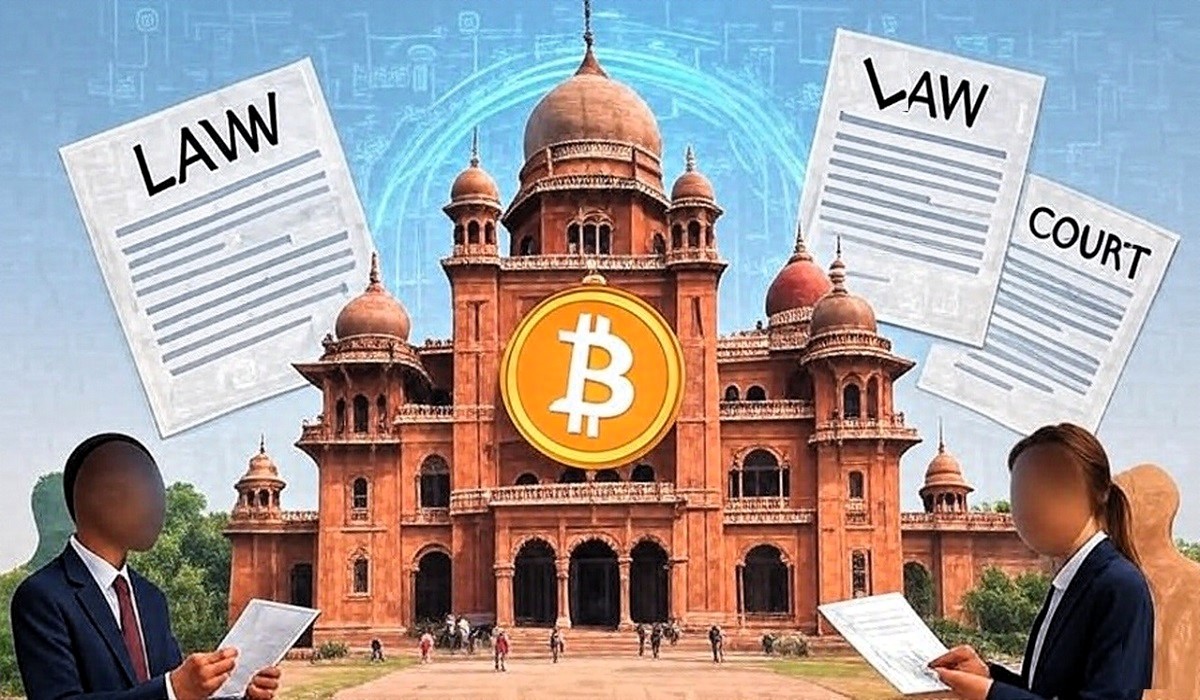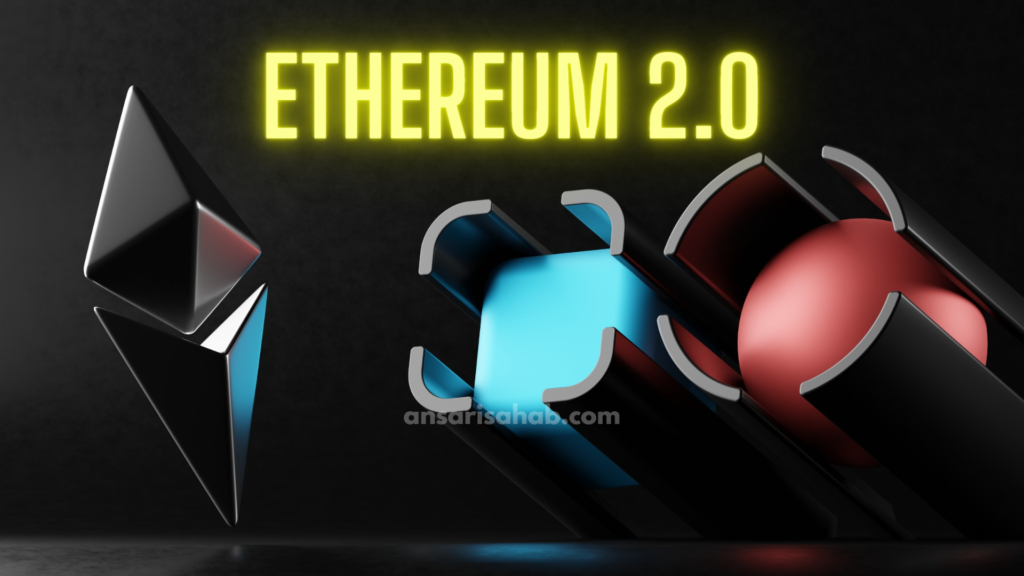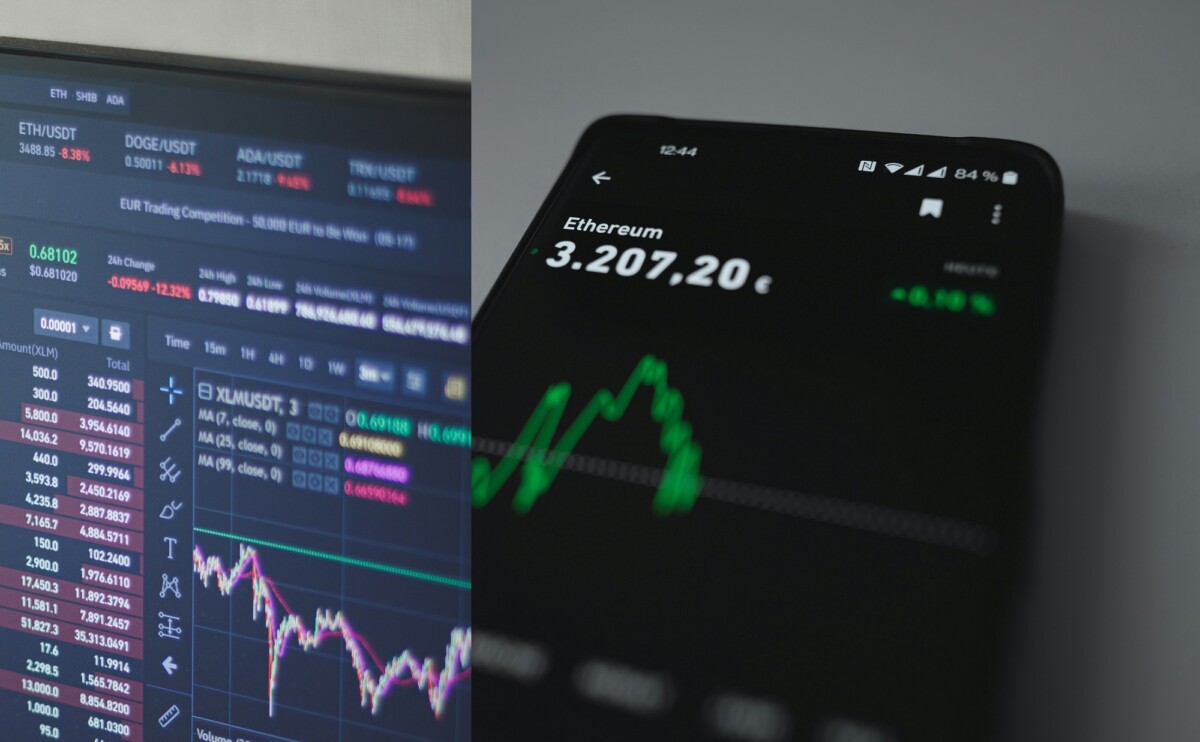Chennai, India — In a landmark ruling, the Madras High Court has officially recognized cryptocurrency as “property” under Indian law, a decision that significantly strengthens legal protections for digital asset holders. The judgment emerged from a case involving the WazirX exchange, where an investor’s holdings were frozen following a major cyberattack in 2024.
Legal Recognition of Cryptocurrency
Justice N Anand Venkatesh, delivering the judgment, affirmed that cryptocurrencies qualify as property capable of being owned, enjoyed, and held in trust. He emphasized that digital currencies like XRP are not mere speculative instruments but tangible assets under Indian law. The court cited Section 2(47A) of the Income Tax Act, 1961, which defines cryptocurrencies as “virtual digital assets,” and clarified that they are not to be treated as speculative transactions.
Background: The WazirX Hack and Investor’s Claim
The case originated from a petition filed by Rhutikumari, an investor who had purchased 3,532.30 XRP coins on the WazirX platform in January 2024. Following a cyberattack on July 18, 2024, which resulted in the theft of approximately $230 million worth of Ethereum and ERC-20 tokens, WazirX froze all user accounts, including Rhutikumari’s, despite her XRP holdings being unaffected by the breach.
WazirX contended that it lacked ownership over user wallets and that a Singapore court-sanctioned restructuring plan governed user withdrawals and compensation. However, the Madras High Court rejected this argument, asserting jurisdiction over the matter. The court noted that the funds were transferred from a bank in Chennai and that the transactions occurred within India, thereby establishing a territorial connection.
Court’s Interim Relief and Implications
In addition to recognizing cryptocurrency as property, the court granted an interim injunction, restraining Zanmai Labs Pvt Ltd (WazirX’s operator) and its directors from interfering with or reallocating the petitioner’s XRP holdings. This decision underscores the judiciary’s commitment to protecting investor rights in the digital asset space.
Legal experts view this ruling as a significant step towards integrating cryptocurrencies into India’s formal legal framework. It sets a precedent for future cases involving digital assets and clarifies their status under Indian law, potentially influencing legislative developments and regulatory approaches in the country.
Broader Impact on Crypto Investors
This decision is expected to have far-reaching implications for cryptocurrency investors in India. By affirming that digital assets are legally recognized property, the court has enhanced the enforceability of investor rights and provided a legal avenue for recourse in cases of disputes or fraud. It also signals to cryptocurrency exchanges operating in India the necessity of adhering to local laws and regulations, particularly concerning user asset protection and corporate governance.
Moreover, the ruling may prompt other jurisdictions to reconsider their stance on the legal status of cryptocurrencies, potentially leading to a more harmonized global approach to digital asset regulation.
Conclusion
The Madras High Court’s declaration that cryptocurrency is property under Indian law marks a pivotal moment in the country’s legal and financial landscape. It not only provides clarity and protection for investors but also sets the stage for more comprehensive regulation and integration of digital assets into India’s economy. As the global financial community continues to grapple with the challenges and opportunities presented by cryptocurrencies, India’s legal affirmation of their status as property offers a model for other nations to consider.









